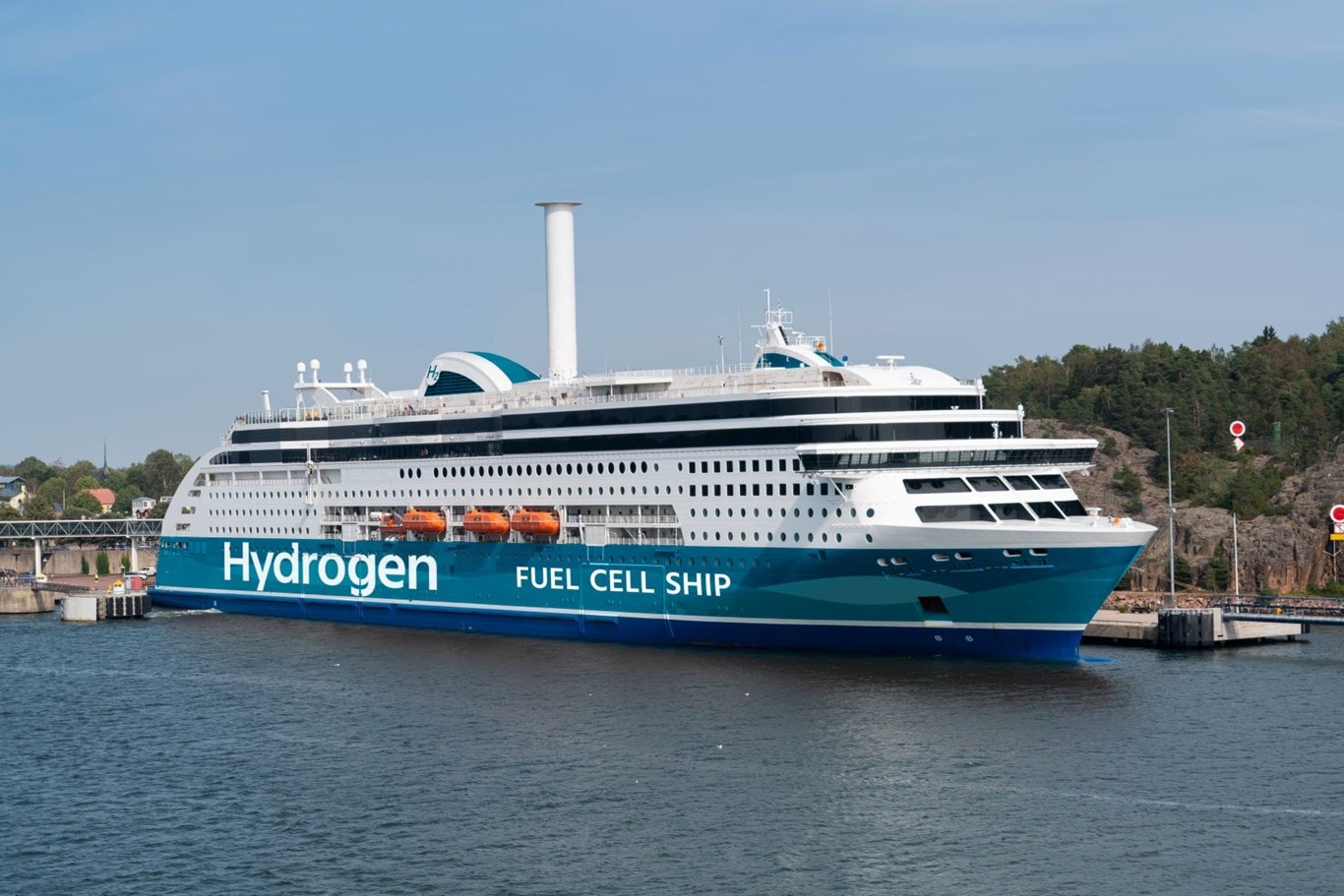FuelEU Maritime - Looking at the Potential Implications on Ships
FuelEU Maritime is an initiative of the European Union (EU) that aims to reduce greenhouse gas (GHG) emissions from shipping within the EU. It is part of the EU's broader goal of achieving climate neutrality by 2050, and it is a critical step towards reducing GHG emissions from the shipping sector and in the promotion of using sustainable alternative fuels to power ships. The initiative will have substantial implications, both in the short and long term, for ships and the shipping industry operating in the EU's territorial waters and ports and for ships arriving at EU ports from non-EU countries.
Following the press release of the Council of the EU on 23 March 2023, the provisional political agreement is moving closer towards formal approval and adoption, with the intention for the proposed Regulation to enter into force from 1 January 2025. The intended Regulation will apply to all ships above 5,000 gross tonnages that call at EU ports, regardless of their flag but does not apply to warships, naval auxiliaries, fish-catching or fish-processing ships, wooden ships of a primitive build, ships not propelled by mechanical means, or government ships used for non-commercial purposes.
The most significant implication of FuelEU Maritime on ships is the requirement to reduce emissions. The initiative sets targets for reducing emissions from ships that operate within the EU. By 2030, ships must reduce their GHG emissions by 6%, then by 31% in 2040 compared to 2020 levels, and work towards full decarbonization by 2050. This means that ships will need to adopt new technologies and fuels to achieve these targets.
For ships to meet the emissions reduction targets, they will need to transition from traditional fossil fuels such as heavy fuel oil and marine diesel to alternative fuels such as liquefied natural gas (LNG), hydrogen, biofuels or ammonia. These fuels produce lower emissions than traditional fuels and are considered more sustainable. However, they are not yet widely available or affordable, and their production and distribution infrastructure is still in the early stages of development.
The use of sustainable alternative fuels will also have its own implications for ships. The promotion of alternative fuels, such as LNG, biofuels, and hydrogen, will require ship owners to invest in new infrastructure and technologies to store and use these fuels. This may include retrofitting existing ships with new fuel storage and delivery systems or investing in new ships that are designed to run on alternative fuels. Furthermore, using sustainable alternative fuels, such as biofuels, may compete with food production and raise concerns about land use and biodiversity.

In addition to the transition to alternative fuels, ships will need to adopt new technologies to reduce fuel consumption and greenhouse gas emissions. For example, using hybrid or electric propulsion systems, using more efficient engines, and installing exhaust gas cleaning systems (EGCS) can significantly reduce emissions. These technologies are already available, but they are expensive to implement, and they require significant capital investment. Likewise, to satisfy the requirements for energy efficiency in ships, this may include implementing improvements to hull design, propulsion systems, and energy management systems, as well as using more efficient machinery and equipment.
Under FuelEU Maritime, ships operating within the EU will be required to report their fuel consumption data, emissions data, and other relevant information to the competent authorities of the EU Member States. This includes reporting the amount of fuel consumed, distance travelled, time spent at sea, and the amount of CO2, SO2, and NOx emitted during each voyage. Other relevant information that must be reported will include the type of fuel used, the energy efficiency of the vessel, and any measures taken to improve energy efficiency. These reporting requirements will be mandatory, and non-compliance can result in penalties.
Another significant implication of FuelEU Maritime is the impact on the shipping industry's competitiveness and profitability. The costs associated with transitioning to alternative fuels and adopting new technologies will likely be significant. Ship owners and operators will bear them, resulting in higher shipping costs, which may make EU-based or EU-trading ships less competitive in the global market.
The regulatory framework for shipping will also be affected because the initiative will require changes to existing regulations and the development of new regulations to support and promote the transition to alternative fuels and technologies. For example, regulations will need to be developed to ensure the safe storage and handling of alternative fuels, and new standards will need to be established for emissions control equipment.
To support the transition to alternative fuels, significant infrastructure investments will be needed. The production, distribution, and storage infrastructure for alternative fuels will need to be developed to support the shipping industry's transition. This will require significant investment in new infrastructure, including new LNG terminals, hydrogen production facilities, and ammonia storage facilities.
Overall, FuelEU Maritime is a significant initiative that aims to reduce greenhouse gas emissions from shipping, improve energy efficiency, and promote the use of sustainable alternative fuels within the EU. The initiative will have significant implications for ships and the shipping industry, including the transition to alternative fuels and technologies, reporting, increased costs, regulatory framework changes and new infrastructure development. While the implementation of the initiative has challenges, the transition towards a more sustainable and low-carbon shipping industry is necessary to achieve the EU's and the international community’s broader climate goals.
Members requiring further guidance should contact the Loss Prevention Department.
